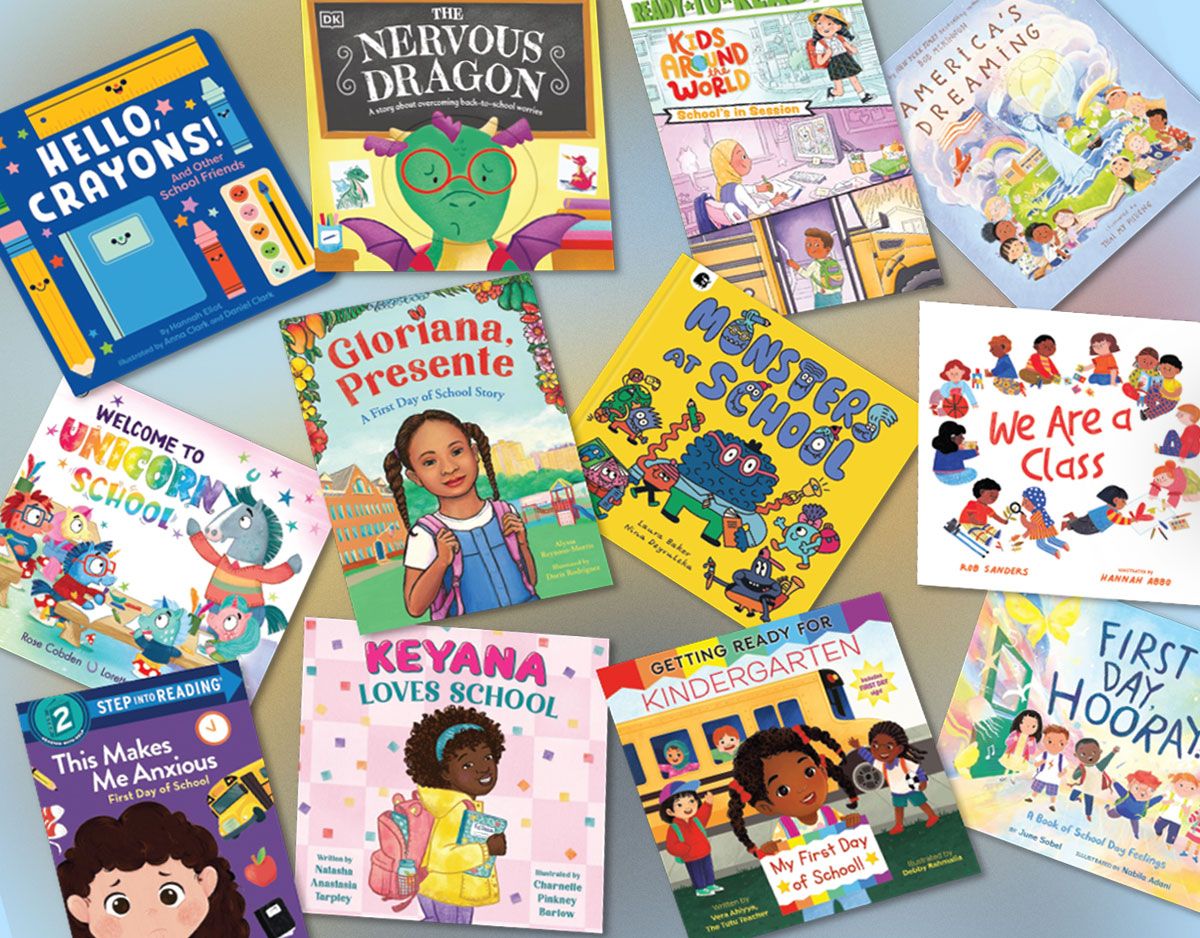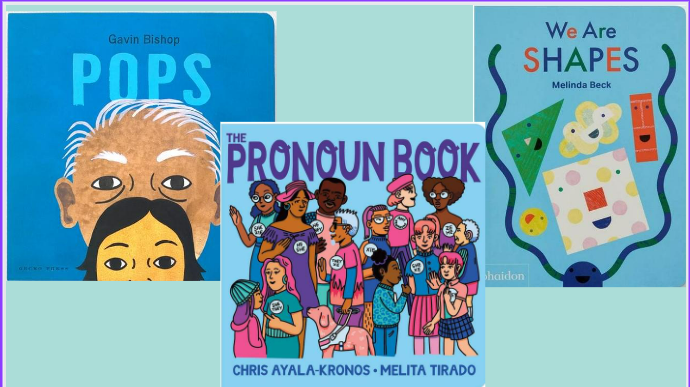Helping RevolTeens Fight the Mental Health Crisis, by Christine Lively

The COVID crisis has revealed as much as it has changed. Yes, our lives have been upended and drastically changed because our main priority has shifted to trying to survive this pandemic. We’ve all made as many changes as we are able to make: limiting in-person interaction, working and schooling from home, wearing masks, and the list goes on. We’re all aware and resentful of some of these changes, but we’re making them to stay alive.
Another equally important result of the COVID crisis has been what it has revealed. So many inequities, problems, and struggles that existed before March of 2020 have come into sharp focus. For teens and young adults, the COVID crisis has revealed the huge and acute mental health crisis. Anyone who works with teens could tell you (and probably has) that young people have been struggling and suffering from mental health issues more and more for years. In my house, all three of my children have struggled with mental health issues. As a parent, I can tell you that finding help for them has been frighteningly difficult.
ADVERTISEMENT
ADVERTISEMENT
I am a high school librarian and at school, I see teens every day who need help. At our school, we have 2300 students and only a handful of qualified mental health professionals. Schools may be able to identify those who need help but are not equipped to provide that help. Teachers work with students who desperately need resources, evaluation, and time to work through their illness. Many teachers go far above and beyond their duties to support and help their students in whatever way they can. I have personally reached out to try to get services for students who need them and know that it is often impossible to find those services.
All of this existed well before the COVID crisis.
The crisis has made it sharper and more dangerous. Because of the intensity, teens’ mental health has become newsworthy and awareness has been raised.
The New York Times today reports the stories of several teens who are in crisis. These teens are all different ages and from different parts of the country, but they are all in crisis, and we are not equipped to help them.
‘“What parents and children are consistently reporting is an increase in all symptoms — a child who was a little anxious before the pandemic became very anxious over this past year,” said Dr. Adiaha I. A. Spinks-Franklin, an associate professor of pediatrics at the Baylor College of Medicine. It is this prolonged stress, Dr. Spinks-Franklin said, that in time blunts the brain’s ability to manage emotions.’
All across the country, hospitals are struggling to keep up with the need.
‘Nationwide Children’s Hospital in Columbus, Ohio, has an emergency department that is a decent size for a pediatric hospital, with capacity for 62 children or adolescents. But well before the arrival of the coronavirus, the department was straining to handle increasing numbers of patients with behavior problems.
“This was huge problem pre-pandemic,” said Dr. David Axelson, chief of psychiatry and behavioral health at the hospital. “We were seeing a rise in emergency department visits for mental health problems in kids, specifically for suicidal thinking and self-harm. Our emergency department was overwhelmed with it, having to board kids on the medical unit while waiting for psych beds.”’
Many of you reading this probably have your own stories to tell. When my son was in an acute struggle with depression that was life threatening I was told by a mental health professional that I should not tell his school or other people about it. I was shocked. Instead, I would tell anyone who would listen about his life and death struggle with depression. If he had been a child fighting cancer, we would have had community fundraising dinners and printed t-shirts with his face on it to raise awareness and to give him support. Mental illness is just as dangerous and life threatening as any physical disease, so why should we keep it a secret? Feeling alone only makes it worse for many teens. Talking about it helps.
The good news is that teen mental health has gained more attention. Now we have to decide what we are going to do to help teens in crisis and those who will face a lifelong struggle with mental health issues.
ADVERTISEMENT
ADVERTISEMENT
How can we help RevolTeens to find a way through their mental health struggles?
The National Association on Mental Illness has some resources for teens on their webpage and is a good place to start. Talking about mental health with the teens in your life makes a huge difference. Normalizing discussions of feelings and struggle makes a helps teens feel comfortable sharing their own difficulties. Asking for more mental health resources at schools and in your community will help our elected officials recognize the needs of their communities.
Most of all, keep supporting and reaching out to the teens in your life. So many of them struggle in silence and believe that they are alone. We can all share stories of struggle with them to show them that mental illness is as common as physical illness and is usually treatable. Stories in books, in song, in social media, and stories from our own lives all help teens feel less alone. Helping them to find help is the greatest action we can take.
So yes, we have a long standing teen mental health crisis. We can help revolt against that for our teens by standing with them, demanding that services are available to them, and continuing to fight the stigma of mental illness to ensure that more teens can ask for help.
The COVID crisis has revealed the crisis. Now, we have to take action.
About Christine Lively

Christine Lively a school librarian in Virginia. I read voraciously, exchange ideas with students, and am a perpetual student. I raise monarch butterflies, cook, clean infrequently and enjoy an extensive hippo collection. Christine blogs at https://hippodillycircus.com/ and you can follow her on Twitter at https://twitter.com/XineLively
Filed under: Mental Health, RevolTeens, Teen Issues
About Karen Jensen, MLS
Karen Jensen has been a Teen Services Librarian for almost 30 years. She created TLT in 2011 and is the co-editor of The Whole Library Handbook: Teen Services with Heather Booth (ALA Editions, 2014).
ADVERTISEMENT
ADVERTISEMENT
SLJ Blog Network
In Which Betsy Is Rendered Speechless: Tanya Lee Stone and Gretchen Ellen Powers Remember Rosalind Franklin in Conversation
Hilda and Twig | This Week’s Comics
The Seven Bills That Will Safeguard the Future of School Librarianship
Gayle Forman Visits The Yarn!
ADVERTISEMENT








Thanks for this. This is one damn intense world we live in and was before COVID. I appreciate you sharing this. Mental health is so important. I appreciate your normalizing talking about it. Talking about feelings is SO important.
My children are all grown up and I feel grateful that we talked A LOT as they were growing up and we are still very close. They both had some counseling as teens. I used to tell them that I may not be able to help pay for college but I’ll pay for counseling. It is SO IMPORTANT.
Counseling and therapy has saved my life.
Thanks so much!
Wonderful read and definitely a huge concern. With a daughter on track to graduate in June, I have been so grateful that she and her core group of friends pay such close attention to each other’s mood, situations, etc. I have heard group chats called just so they could see each other’s faces online and gauge how they actually are doing (versus the texts that say “I’m ok.”)
Another interesting fact is that several of them are considering studies in psychology and mental health. They all seem concerned with how the kids behind them will adjust to this COVID-impacted world.
Thank you for opening such discussions. Keep up the great work!
Thank you! I love hearing that several of the teens you know are considering studies in mental health. So many teens are empathetic and eager to help. They constantly amaze me and give me hope.
We had one counsellor in our school and she resigned last month. As a librarian I don’t see many students, but I am also in the lunchroom for lunch duty. It is hard to have a conversation there, but now and then because I am with them everyday, students will come to talk to me between classes.
There are those who just need a support to get through everyday.
I am so sorry that the counselor resigned. I am sure that there is a need for services in your school
The students who check in with you are so lucky to have you there to talk with when they need to. Sometimes “checking in” doesn’t seem like much, but it’s often a huge help to those struggling. Thank you for being there for them.